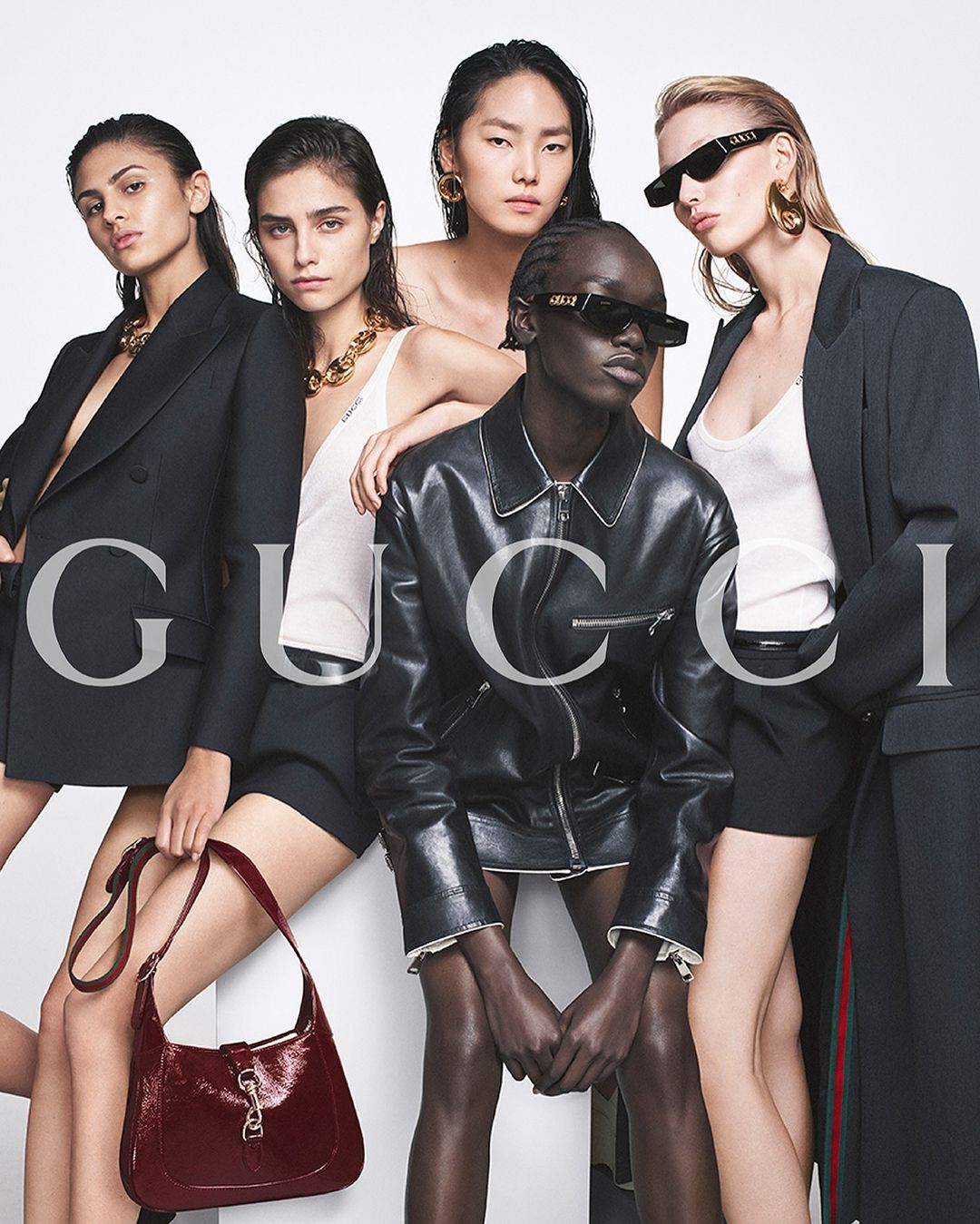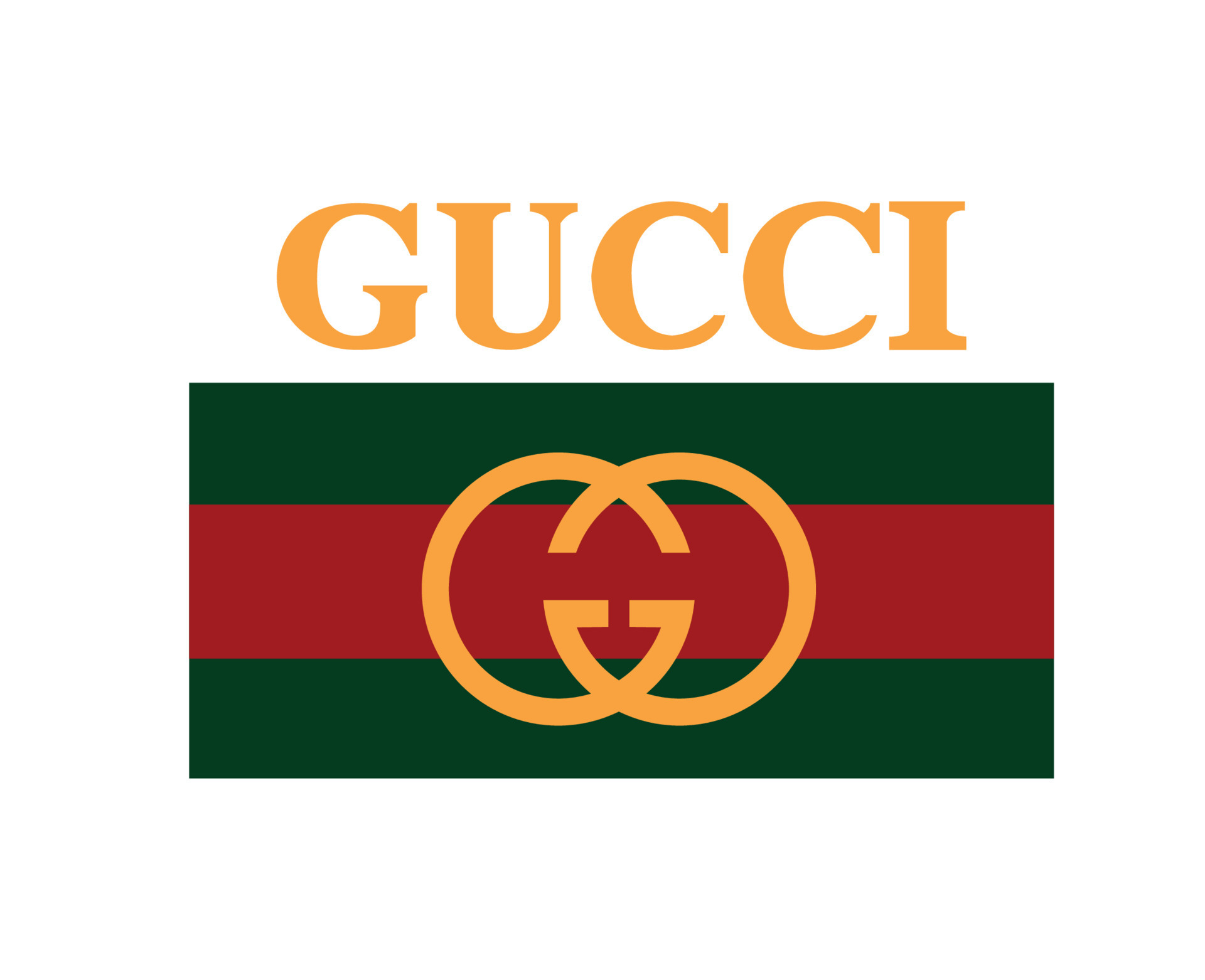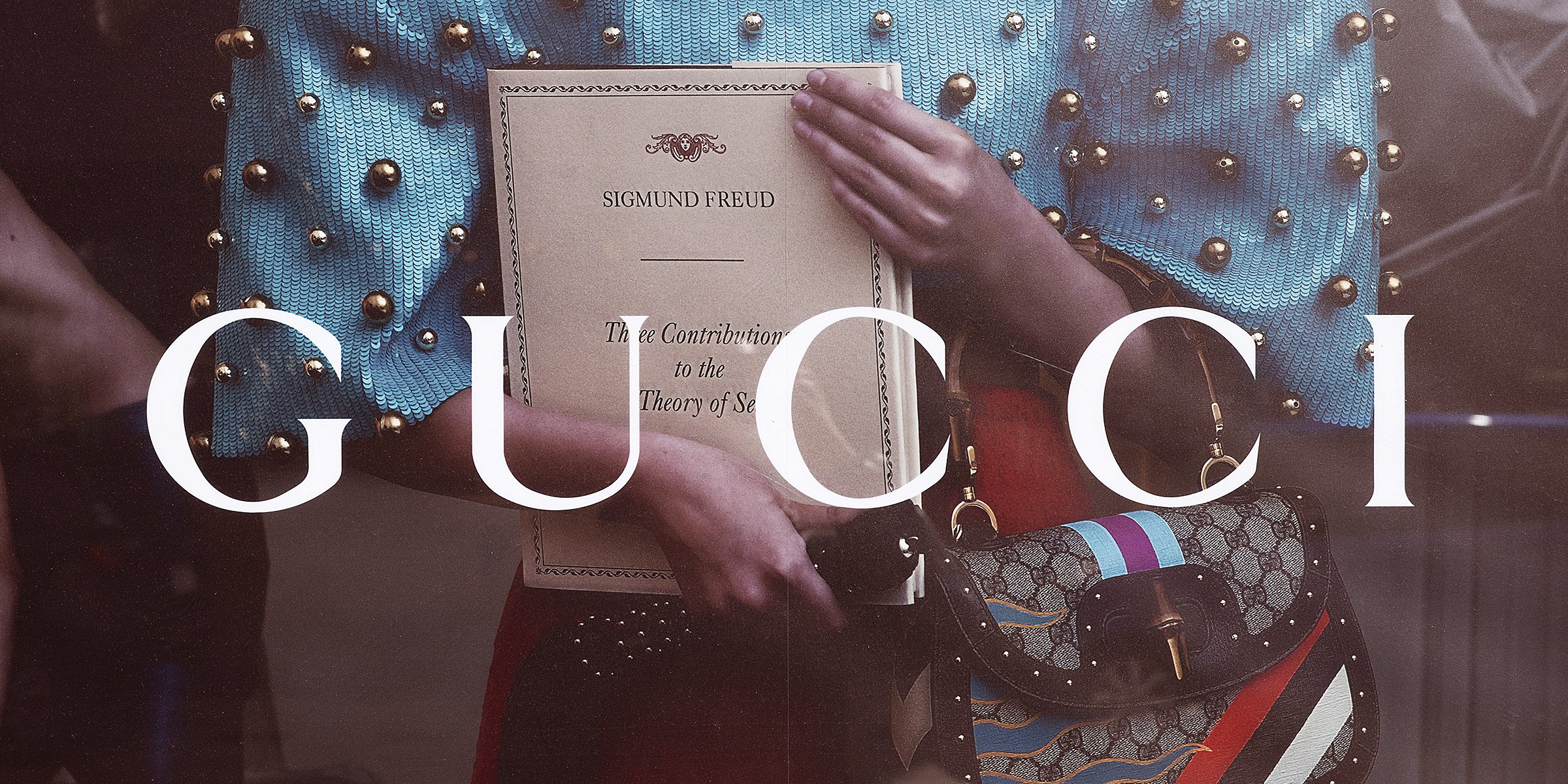The Gucci Backpack Meme: Unpacking Luxury, Laughter & Viral Culture
The internet is a fascinating realm where culture, commerce, and creativity collide, often giving birth to phenomena that defy traditional marketing logic. Among these, the "Gucci Backpack Meme" stands out as a prime example of how luxury fashion, an industry often perceived as exclusive and unapproachable, can become the unlikely subject of widespread digital humor and commentary. This article delves into the origins, evolution, and profound implications of this particular meme, exploring how it both challenges and reinforces perceptions of one of the world's most iconic luxury brands. We'll unpack the layers of meaning behind the viral images, from their satirical critiques of consumerism to their unexpected role in democratizing conversations around high fashion.
In an age where digital virality can catapult anything from a catchy song to an obscure object into global consciousness, the intersection of high-end luxury and low-brow internet humor creates a compelling narrative. The Gucci backpack, a symbol of opulence and meticulous Italian craftsmanship, finds itself transformed into a canvas for comedic exaggeration, social critique, and unexpected brand exposure. Understanding this phenomenon requires us to look beyond the surface-level humor and appreciate the intricate dynamics at play between brand identity, consumer perception, and the ever-evolving landscape of online culture.
Table of Contents
- The Allure of Gucci: A Brand Beyond Bags
- What Exactly is a Meme, and Why Gucci?
- The Genesis of the Gucci Backpack Meme
- Deconstructing the Humor: Satire, Status, and Subversion
- The Digital Echo Chamber: Social Media's Role
- Gucci's Response (or Non-Response) to Viral Culture
- Beyond Laughter: The Unintended Impacts of the Gucci Backpack Meme
- The Evolution of Luxury: Memes as a Modern Marketing Tool?
- Navigating the Nuances of Luxury Consumption in the Digital Age
The Allure of Gucci: A Brand Beyond Bags
Before diving into the meme itself, it's crucial to understand the foundation upon which the "Gucci Backpack Meme" is built: the brand's immense cultural capital and luxurious standing. Gucci is not merely a fashion label; it's a global phenomenon, a symbol of Italian craftsmanship, innovative design, and aspirational lifestyle. To truly grasp its essence, one might shop at the official site of Gucci US or explore Gucci's luxury fashion collection at Saks Fifth Avenue, featuring designer clothing, shoes, handbags, and more. This direct engagement reveals the brand's commitment to quality and sophisticated aesthetics.
- Bmw Of Princeton
- Chris Hanna
- Fail Fandom Anon
- Https Resultadospresidencialesvenezuela2024 Com
- Hazel Elise
Gucci's product range extends far beyond its iconic bags. While "from handbags to travel bags, Gucci bags feature sophisticated designs for life on the go," the brand also offers a diverse array of items that resonate with luxury consumers. Consider the "Gucci Guilty Essence Pour Homme Eau de Toilette 3 Piece Father's Day Gift Set," which boasts a 4.5 out of 5 stars rating from 487 reviews, highlighting the brand's success across various product categories and its strong customer satisfaction. Items like the "Erin GG Monogram Bit Slingback Flats" further exemplify the brand's dedication to detail and recognizable motifs. The world of Gucci celebrates creativity and Italian craftsmanship, evident in every stitch and design choice. Whether it's a designer handbag, a crossbody bag, or a shoulder bag for women, all made in Italy, the brand promises timeless style and iconic fashion. This dedication is often accompanied by premium services like free shipping, returns, and gift wrapping, enhancing the overall luxury experience.
What Exactly is a Meme, and Why Gucci?
An internet meme, in its simplest form, is an idea, behavior, or style that spreads rapidly from person to person within a culture, often with a humorous or satirical intent. It typically takes the form of an image, video, or piece of text, often with variations created by different users. So, why would a brand as esteemed as Gucci become a frequent subject of these digital phenomena, particularly the "Gucci Backpack Meme"?
The answer lies in several factors. Firstly, luxury brands, by their very nature, are aspirational and exclusive. This inherent distance from the everyday consumer makes them ripe for satire. Memes often thrive on highlighting absurdities or exaggerations, and the perceived extravagance of high fashion fits this mold perfectly. Secondly, Gucci's distinctive visual identity plays a crucial role. The ubiquitous GG monogram, the signature green and red web stripe, and specific hardware designs are instantly recognizable. For instance, a description like "This is an authentic Gucci monogram belt bag in dark brown, this chic waist bag is crafted of Gucci GG Supreme monogram canvas, the bag features leather trim with silver" perfectly illustrates the kind of specific, identifiable features that make Gucci products so visually potent and, consequently, so meme-able. This strong brand iconography means that even a fleeting glimpse of a Gucci item can evoke a strong reaction, making it an ideal canvas for shared humor and commentary.
- %E5%A6%BB%E5%AD%90 %E5%88%86%E4%BA%AB
- The Insurer
- Morgan County Ga Football
- Nicki Minaj Hot Nude
- %E4%B9%B3%E9%A0%AD %E7%89%B9%E5%AF%AB
The Genesis of the Gucci Backpack Meme
While pinpointing the exact "Patient Zero" of any internet meme can be challenging, the "Gucci Backpack Meme" generally gained traction by playing on the exaggerated scale and perceived impracticality of luxury items when placed in mundane or absurd contexts. Unlike some memes that originate from a single viral image or video, the Gucci backpack meme often manifests as a concept rather than a singular template. It typically involves:
- Exaggerated Size: A common trope is to depict a Gucci backpack as disproportionately large, comically dwarfing the wearer or the contents it's meant to hold. This plays on the idea that luxury items are often more about status than utility.
- Unusual Contents: Instead of typical school supplies or travel essentials, the meme might show a Gucci backpack filled with unexpected, mundane, or even bizarre items – like a single potato chip, a collection of rocks, or an entire household appliance. This juxtaposition highlights the perceived disconnect between the item's cost and its actual, often humble, use.
- Ironic Usage: The meme often places the luxurious backpack in situations where it seems utterly out of place – perhaps in a rugged outdoor setting, a construction site, or a cluttered, unkempt room. This irony serves to underscore the backpack's status as a symbol rather than a functional object.
Deconstructing the Humor: Satire, Status, and Subversion
The humor inherent in the "Gucci Backpack Meme" is multifaceted, operating on levels of social commentary, cultural observation, and simple absurdity. It’s more than just a laugh; it’s a form of digital discourse that offers insights into our collective perceptions of wealth, status, and consumerism.
The Critique of Consumerism
At its core, the Gucci backpack meme often functions as a satirical critique of consumerism and the pursuit of status symbols. By depicting an exorbitantly priced item in ridiculous or over-the-top scenarios, the meme subtly questions the value proposition of luxury goods. Why would someone pay thousands for a backpack that, in the meme's world, might be used to carry a single grape or serve as a makeshift dog bed? This exaggerated contrast highlights the often-perceived disconnect between the high price tag and the practical utility of such items. It pokes fun at the idea that people buy luxury not for its function, but for its symbolic power – its ability to signal wealth, taste, or social standing. The humor stems from subverting these expectations, reducing a grand statement to a punchline.
Accessibility vs. Exclusivity
Luxury brands like Gucci thrive on exclusivity. Their high prices and curated shopping experiences – whether through official sites or high-end department stores – are designed to maintain an aura of aspiration. However, memes, by their very nature, are democratic and accessible. Anyone with an internet connection can view, share, and even create a "Gucci Backpack Meme." This dynamic creates an interesting tension:
- Bridging the Gap: Memes effectively bring luxury fashion into the realm of everyday conversation for a mass audience who might never purchase a Gucci backpack. It allows people to engage with the brand, albeit humorously, without the financial barrier.
- Democratizing Commentary: It gives a voice to those who might feel alienated by the exclusivity of luxury fashion. Through humor, they can comment on, critique, or simply acknowledge the brand's cultural presence, turning a symbol of high society into a relatable, albeit absurd, shared joke.
The Digital Echo Chamber: Social Media's Role
The explosive spread and enduring popularity of the "Gucci Backpack Meme" owe a tremendous debt to the architecture of modern social media platforms. These digital spaces act as powerful echo chambers, amplifying content at an unprecedented rate and ensuring that viral phenomena like this meme reach a global audience in mere hours.
Platforms such as Twitter, Instagram, and TikTok are specifically designed for rapid content dissemination. A user posts a clever "Gucci Backpack Meme," and if it resonates, it's instantly shared, retweeted, or re-posted by others. This ripple effect is fueled by:
- Algorithmic Amplification: Social media algorithms prioritize engaging content, pushing popular memes into the feeds of more and more users, creating a self-reinforcing cycle of visibility.
- Ease of Sharing: With a single tap, users can share content, making the spread frictionless. This low barrier to entry for participation means that even passive observers can contribute to a meme's virality.
- User-Generated Content (UGC): The beauty of memes lies in their adaptability. Users aren't just sharing; they're actively creating new iterations. Someone sees a "Gucci Backpack Meme" and is inspired to make their own version, perhaps filling it with something specific to their local culture or personal experience. This constant reinvention keeps the meme fresh and relevant, ensuring its longevity.
Gucci's Response (or Non-Response) to Viral Culture
For a luxury brand like Gucci, navigating the unpredictable waters of internet meme culture presents a unique challenge. On one hand, memes offer unparalleled organic reach and cultural relevance; on the other, they can dilute a brand's carefully cultivated image of exclusivity and sophistication. The typical luxury brand's approach to viral content, especially satirical memes, often falls into one of two categories: ignore or subtly engage.
Most high-end brands, including Gucci, tend to adopt a strategy of dignified silence when it comes to direct engagement with memes like the "Gucci Backpack Meme." There are several reasons for this:
- Maintaining Brand Integrity: Direct acknowledgment or participation in meme culture, especially satirical memes, can risk trivializing the brand's luxurious image. It might be seen as trying too hard to be "relatable," which can backfire for brands that thrive on aspiration and exclusivity.
- Controlling the Narrative: Luxury brands invest heavily in controlling their brand narrative through official channels, whether it's through their official website, high-end boutiques where "all sales final on sale items at the Gucci boutique gucci.com" are common policies, or curated collaborations. Engaging with informal, user-generated humor can feel like ceding control of that narrative.
- Risk of Misinterpretation: Humor is subjective. A brand's attempt to be funny or "in on the joke" might be misinterpreted, leading to negative press or alienating a segment of their traditional customer base.
Beyond Laughter: The Unintended Impacts of the Gucci Backpack Meme
While the primary function of the "Gucci Backpack Meme" is to elicit laughter, its widespread dissemination carries significant, often unintended, consequences for the brand and the broader fashion landscape. These impacts extend beyond simple amusement, touching upon brand awareness, cultural relevance, and the democratization of luxury discourse.
Brand Awareness and Cultural Relevance
Perhaps the most immediate and undeniable impact of the "Gucci Backpack Meme" is the massive surge in brand awareness it generates. Even if the context is satirical, the sheer volume of impressions and discussions featuring the Gucci name and its iconic products is invaluable. For many, particularly younger audiences who might not yet be in a position to purchase luxury goods, memes serve as an introduction to the brand. They see the Gucci logo, the distinctive patterns, and the general aesthetic, even if it's in a humorous light. This exposure helps to:
- Keep the Brand Top-of-Mind: In a crowded market, consistent visibility is key. Memes ensure Gucci remains part of the cultural conversation, preventing it from becoming solely an elite, niche brand.
- Attract New Demographics: Younger consumers, often referred to as Gen Z, are highly digitally native and respond well to authentic (even if satirical) online content. Memes can make a luxury brand feel more approachable and relevant to this crucial future consumer base, even if the initial engagement is through humor.
Shifting Perceptions and Democratizing Discourse
The "Gucci Backpack Meme" also plays a role in subtly shifting perceptions of luxury brands and democratizing the discourse around them. Traditionally, conversations about high fashion were confined to fashion magazines, industry insiders, and a select group of affluent consumers. Memes shatter these barriers:
- Normalizing Luxury (through absurdity): By taking a high-end item and placing it in absurd, everyday scenarios, memes inadvertently make luxury feel less intimidating and more relatable. It's a way for the general public to engage with, and even appropriate, symbols of wealth.
- Encouraging Broader Discussion: The meme sparks conversations that might not otherwise occur. People discuss not just the humor, but also the underlying themes of consumerism, value, and social status. This is akin to online communities where users share "useful information provided by papertiger and beejerry," compiling threads about "Gucci sales, outlet, web and authentic auction deals." This demonstrates a collective interest in understanding the nuances of luxury, even if sparked by a meme.
- Humanizing the Brand: While luxury brands aim for an aura of perfection, memes introduce an element of imperfection and humor. This can, paradoxically, make the brand feel more human and less distant, fostering a different kind of connection with a wider audience.
The Evolution of Luxury: Memes as a Modern Marketing Tool?
The rise of the "Gucci Backpack Meme" and similar phenomena forces luxury brands to reconsider their traditional marketing playbooks. In a world saturated with digital content, the question arises: can memes, even satirical ones, be leveraged as a modern marketing tool? The answer is nuanced and fraught with potential pitfalls.
For brands, the allure of organic virality is undeniable. Memes can achieve reach and engagement that traditional advertising budgets can only dream of. However, the delicate balance lies in authenticity. A brand attempting to force a meme or "go viral" often comes across as inauthentic or out of touch, leading to the dreaded "cringe" factor. The fine line is between:
- Authentic Engagement: This involves understanding internet culture, perhaps subtly acknowledging it, or even collaborating with creators who genuinely align with the brand's values, rather than just piggybacking on trends.
- Forced Virality: This is when a brand tries to engineer a meme, often resulting in content that feels manufactured and fails to resonate with the audience.
- Monitor and Analyze: Continuously track online conversations and meme trends to understand

GUCCI SS24 "An Ode to Photography" Under Sabato De Sarno

Gucci Brand Logo Clothes With Name Symbol Design Fashion Vector

38 Gucci Quotes for those who Fancy the Quintessential Luxury Brand